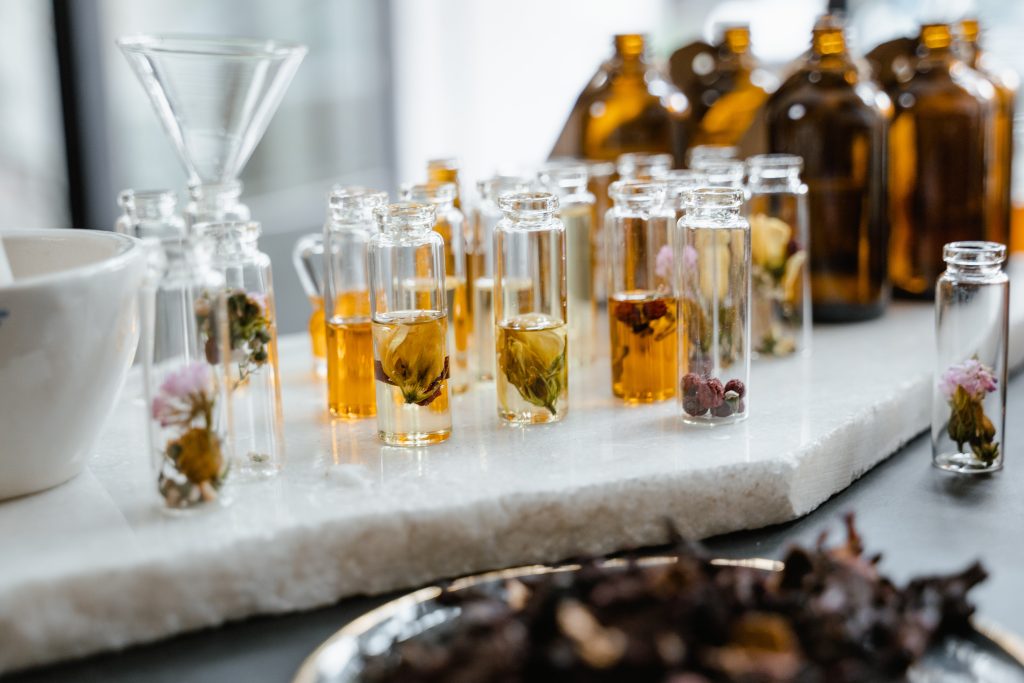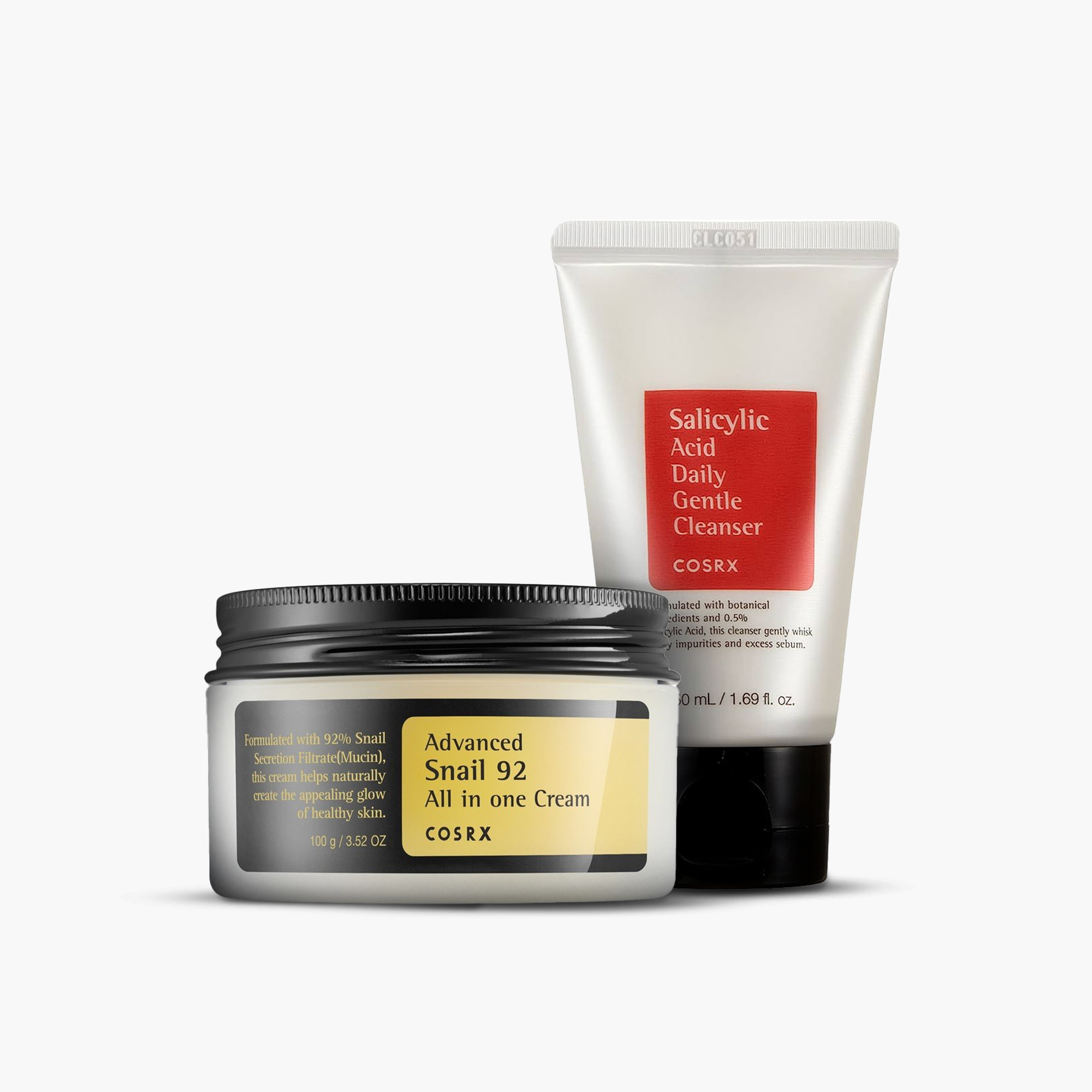Glutathione has become popular in skincare for its potential to lighten skin. This antioxidant, produced naturally in the liver, is known for its ability to fight oxidative stress, detoxify the body, and support the immune system. Besides these important health benefits, glutathione is also marketed as a skin lightener, a topic that generates both interest and debate.
How Glutathione Lightens Skin
Glutathione can lighten the skin by blocking an enzyme called tyrosinase, which is necessary for producing melanin, the pigment that gives skin its color. By reducing melanin production, glutathione can lead to a lighter skin tone. It helps change dark brown or black melanin (eumelanin) into yellow or red melanin (pheomelanin), which can gradually make the skin lighter over time.

Ways to Enhance Glutathione’s Skin Lightening Effect
- Oral Supplements: One common method to boost glutathione levels is taking oral supplements. These are easily available and can increase the body’s glutathione levels, potentially leading to lighter skin. However, there is some debate about how well the body absorbs oral glutathione.
- Intravenous (IV) Glutathione: For faster results, some people choose intravenous glutathione treatments. Given by healthcare professionals, IV glutathione goes directly into the bloodstream, bypassing the digestive system. This method is often seen as more effective but is more expensive and comes with risks like allergic reactions and infections.
- Topical Applications: Glutathione is also found in creams, serums, and lotions. These products are applied directly to the skin and may help reduce pigmentation over time. The effectiveness of topical glutathione depends on the product’s formulation and concentration.
- Diet and Lifestyle: Eating foods rich in glutathione precursors, such as garlic, onions, and cruciferous vegetables (like broccoli and cabbage), can help the body produce more glutathione. Additionally, living a healthy lifestyle with regular exercise, enough sleep, and managing stress can support optimal glutathione levels.
- Combining with Other Skin Lightening Agents: Some people enhance glutathione’s effects by combining it with other agents like vitamin C, which helps stabilize glutathione and supports collagen production. Ingredients like alpha-arbutin, kojic acid, and niacinamide are also used together with glutathione for their complementary skin lightening properties.

Ethical Considerations and the Importance of Self-Acceptance
While wanting lighter skin is a personal choice, it is important to understand the cultural and societal pressures that often influence this desire. In many cultures, lighter skin is wrongly linked with beauty, success, and higher social status, promoting harmful stereotypes and biases. Challenging these ideas and accepting all skin tones as equally beautiful and valuable is crucial.
Moreover, seeking skin lightening treatments carries risks, including potential side effects and the use of unregulated products that may contain harmful ingredients. It’s essential to emphasize safe practices and consult healthcare professionals before undergoing any skin lightening treatments.
Ultimately, deciding to lighten one’s skin should be made with careful thought about the reasons behind it. Embracing your natural skin color and focusing on overall skin health rather than changing its pigmentation is a healthier and more empowering approach. Celebrating diversity in skin tones and promoting self-acceptance can lead to a more inclusive and positive beauty standard for everyone.
In conclusion, while glutathione shows promise as a skin lightener, it is important to use it with caution and awareness. Enhancing its effects through supplements, IV treatments, topical applications, diet, and lifestyle changes can be effective. However, prioritizing self-acceptance and challenging societal beauty standards is just as important.


